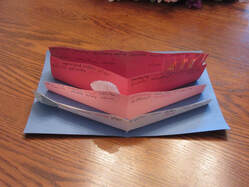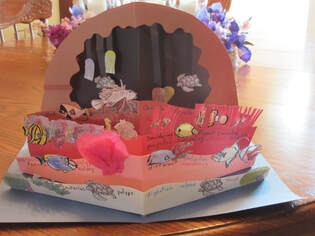Yes, some schools are doing a fantastic job and making the most of their computer capabilities. Other schools are not so sure what to do and thereby leave parents scrambling to provide educational materials.
We all want our children to stay safe, but as parents and grandparents, we are concerned about their education. If you look online, there are lots of freebies being offered. Some are good. Many are not.
My suggestions for the week are:
Scholastic still tops my list because they offer so much variety for all ages. They also offer new stories and articles each week. Preschoolers and kindergartners can sit down and listen to someone read a story to them. There are often even activities included. Elementary age children have stories and activities that are appropriate for each age. The list goes up to ninth grade. Also, look around at each age grouping. For example, if your child is a third grader but interested in outer space, you might look at the article about people traveling to Mars in the sixth through ninth grade section. You might need to read this article to your child, but it can generate lots of interesting discussion and maybe even a project or two. Be creative.
National Geographic videos will always be on my list. The photography is fantastic, and they provide accurate facts. You need to be careful with some information available on the Internet. Just because it’s on the Internet does not mean it is correct. Look for quality sources like National Geographic.
- Virtual tours can also be educational. I discovered a virtual tour of the International Space Station this week, and this is just one example. Go exploring!
- I like to look for educational activities that say they are fact checked. I particularly like the example given on one website for learning about different cultures. You could read, explore, write, and even draw or make costumes for each culture. Children love to play dress-up. Have them think about how someone would dress in a different country. You can even make costumes out of old catalogs and recycled paper. No, it doesn’t have to cost money. Check for ideas like these.
Maybe you are saying, “I want to do more than just keep my child occupied and busy; I don’t want my child to fall behind on their schoolwork.” Good, there’s lots you can do even as you juggle children and your job while you work from home:
- Set a schedule. Have agreed upon times when you will both sit down and work. The child’s work will, of course, vary depending upon their age.
- Check with your school. Many of the math textbooks offer instructional videos that can be used at home.
- Create projects. Children and teenagers enjoy working on a project. My grandson and I are still working on our coral reef pop-up book. Here we have a simple coral reef popup book and a complicated coral reef popup book that a child could make.


 RSS Feed
RSS Feed
